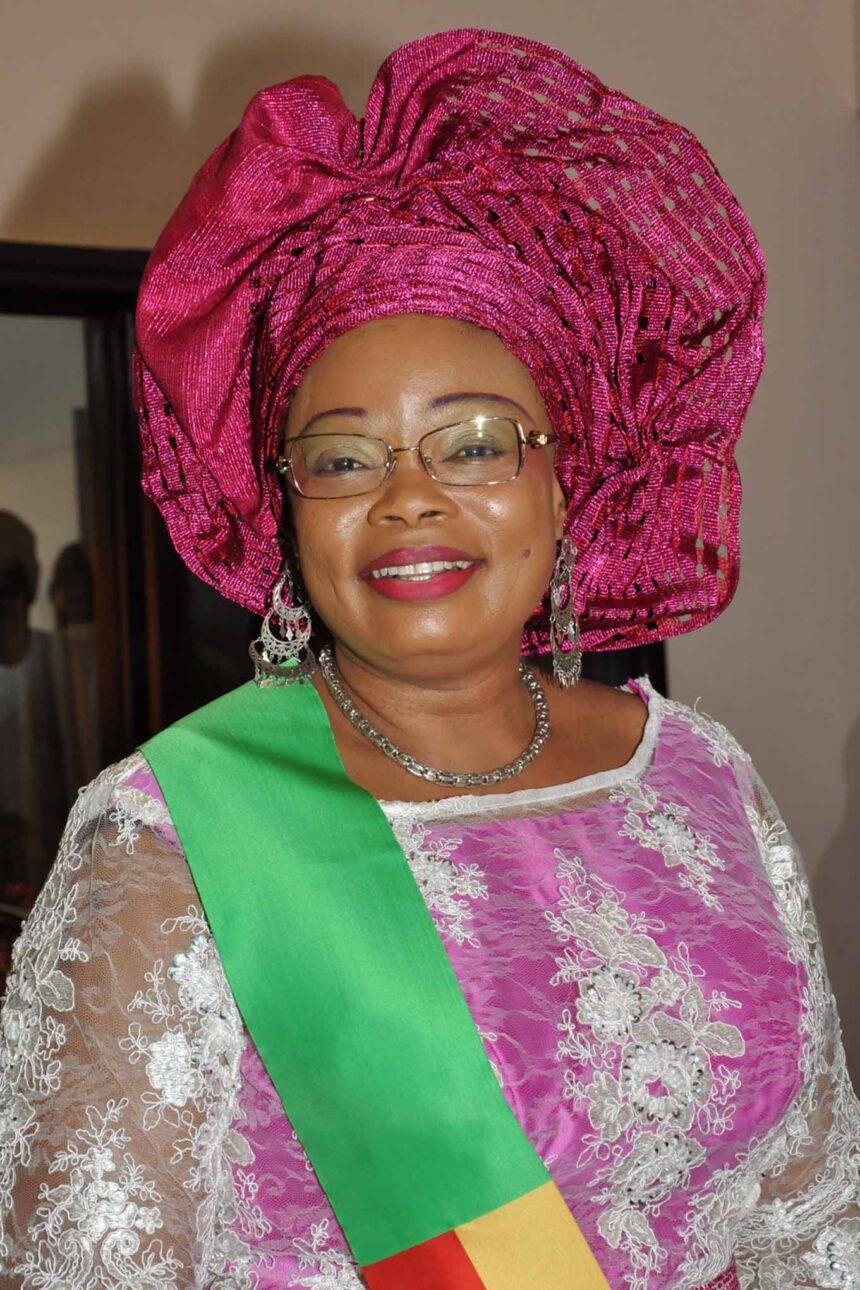In terms of respect for human rights and economic equality for women, particularly in entrepreneurship, law, etc., the World Bank, through the WBL index, ranks Benin 16th in Africa and 3rd in the West African Economic and Monetary Union (WAEMU). This can be found in its 2021 report.
The World Bank’s WBL index based on women, business and law measures the laws and regulations of 190 countries in eight areas that impact women’s economic participation: mobility, work, remuneration, marriage, parenthood, entrepreneurship, assets and retirement. The report assessed the performance of 190 countries around the world in adopting reforms to reduce inequalities between women and men. On the continent, several of the 54 countries considered saw their overall scores in the WBL index rise in terms of ranking; Benin is ranked 16th in Africa in 2021. In the West African Economic and Monetary Union (WAEMU), Côte d ‘Ivoire is at the top. It is followed by Togo and then Benin which is third in the WAEMU area. On the continent, outside Gabon, we can notice the efforts made by Benin, which has removed restrictions on the employment of women in the construction sector, Angola, which has adopted a law criminalizing sexual harassment at work, and Togo, which has enacted a new law that no longer prohibits the dismissal of pregnant employees. According to the World Bank’s WBL Index, in 2021, nearly 2.4 billion women still did not have the same economic rights as men in the world. In Africa, although no country has achieved full parity, many efforts continue in this area. Also according to the World Bank report, in 2021, Africa and the Middle East registered the strongest improvement in terms of gender equality. This is reflected in the 2022 edition of the World Bank’s Women, Business and Law (WBL) report.
In sub-Saharan Africa, for example, Gabon saw its score increase from 57.5 in 2020 to 82.5 in 2021, the score of 100 reflecting perfect parity under the law. That performance, which made the relevant Central African country the country that had adopted the most reforms in the world last year, was due to the complete reform of its civil code and the promulgation of a law to eliminate violence against women. According to the World Bank, these measures have brought about significant reforms in five of the nine indicators on which the report is based. « These amendments have given women the same rights as men to choose their place of residence, to obtain employment without their husband’s permission, and they have removed the obligation for women to obey their husbands and allow them to be heads of households on an equal footing with men, » says the Bretton Woods Institution. In North Africa, which is considered one of the most unequal regions for women in the world, there has also been significant progress. For example, Egypt had adopted legislation to protect women from domestic violence, and had facilitated their access to credit by prohibiting gender-based discrimination in financial services.
Challenges to be met
Despite these efforts, the report indicates that African countries still have considerable margins for the development of fully egalitarian societies. In the world, 12 countries have reached the perfect score of 100, showing that they have reached legal parity between the sexes, but no African State is part of it. However, 17 countries on the continent have scores greater than or equal to 80; 14 have scores between 70 and 79; and 17 have scores between 50 and 69. This is a situation that reflects a slow but certain improvement in the field. This World Bank report shows the true face of the implementation of some reforms for the sustainable and inclusive development of States.
Adapted and Translated from French into English by:
Albéric Djomaki,
CEO at LMS (www.lmsgroupafrica.com)
American Translators Association (ATA) Associate Member
References:



